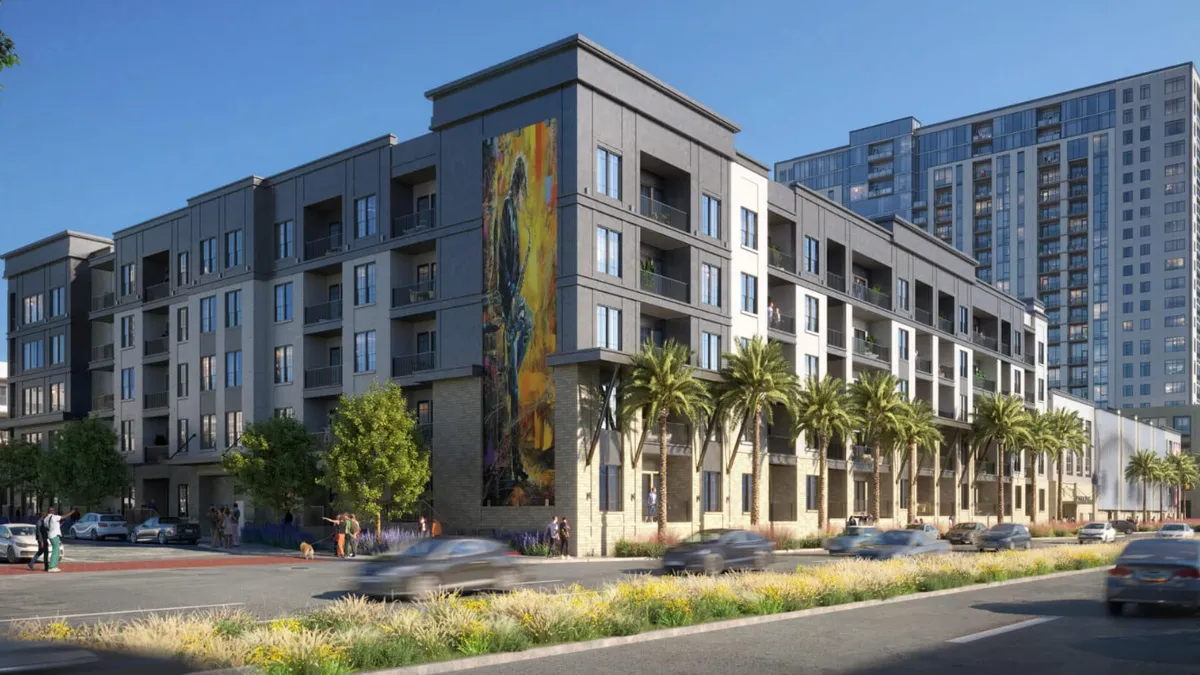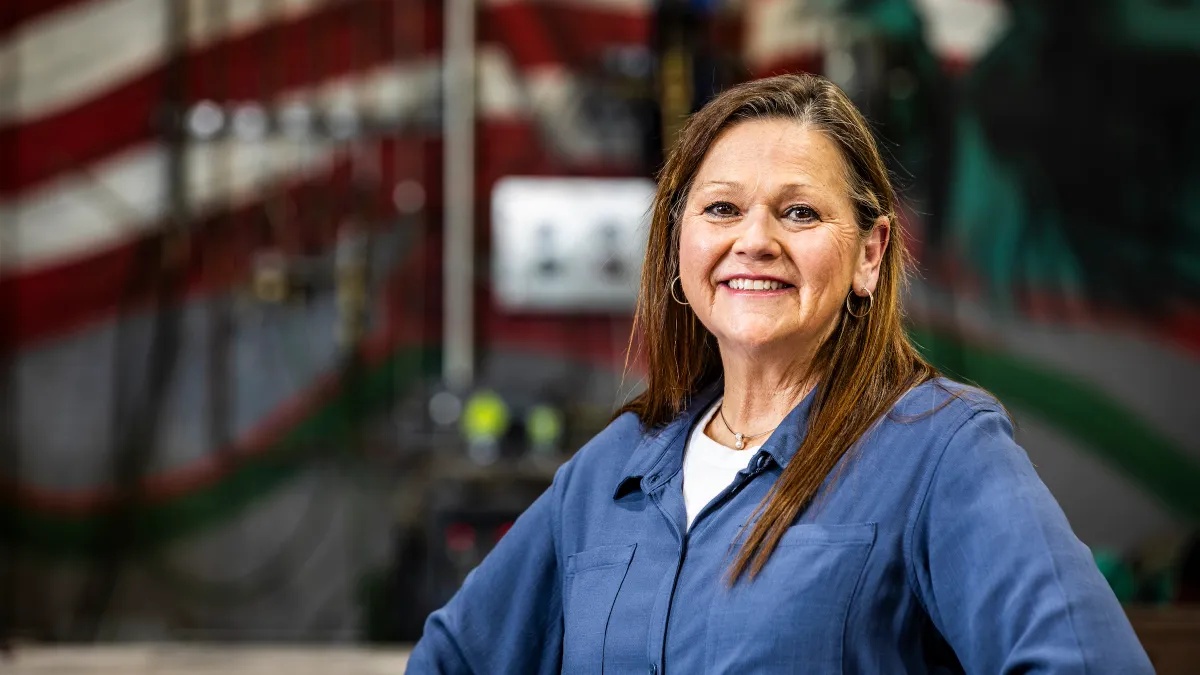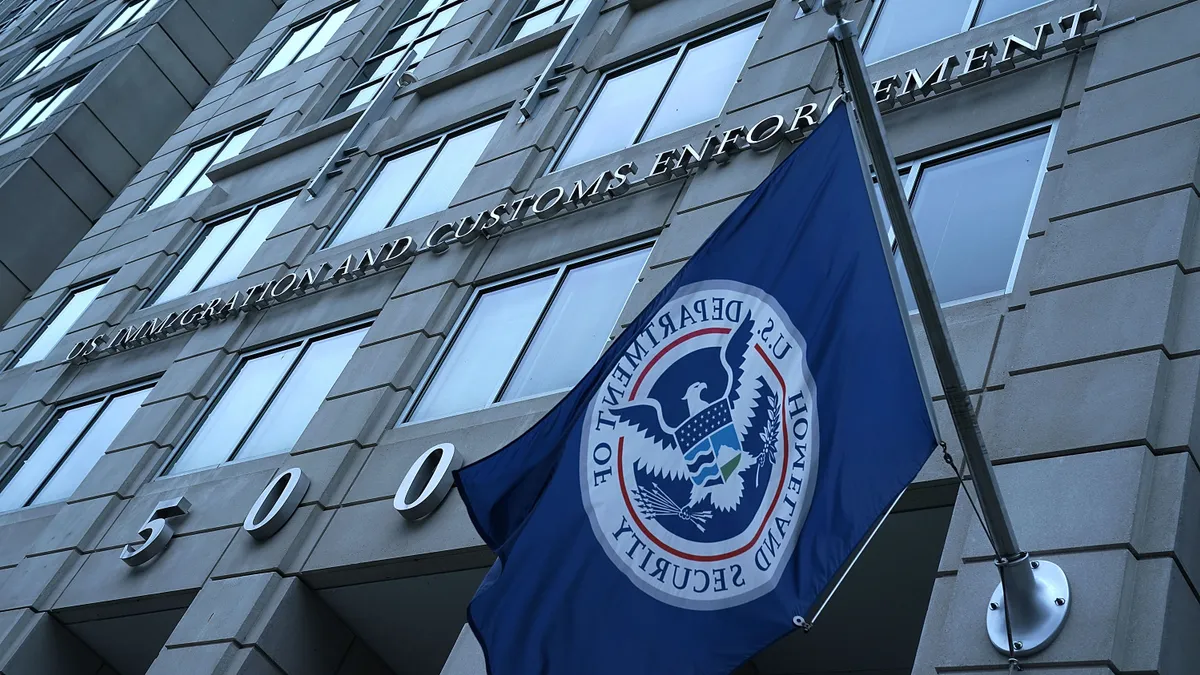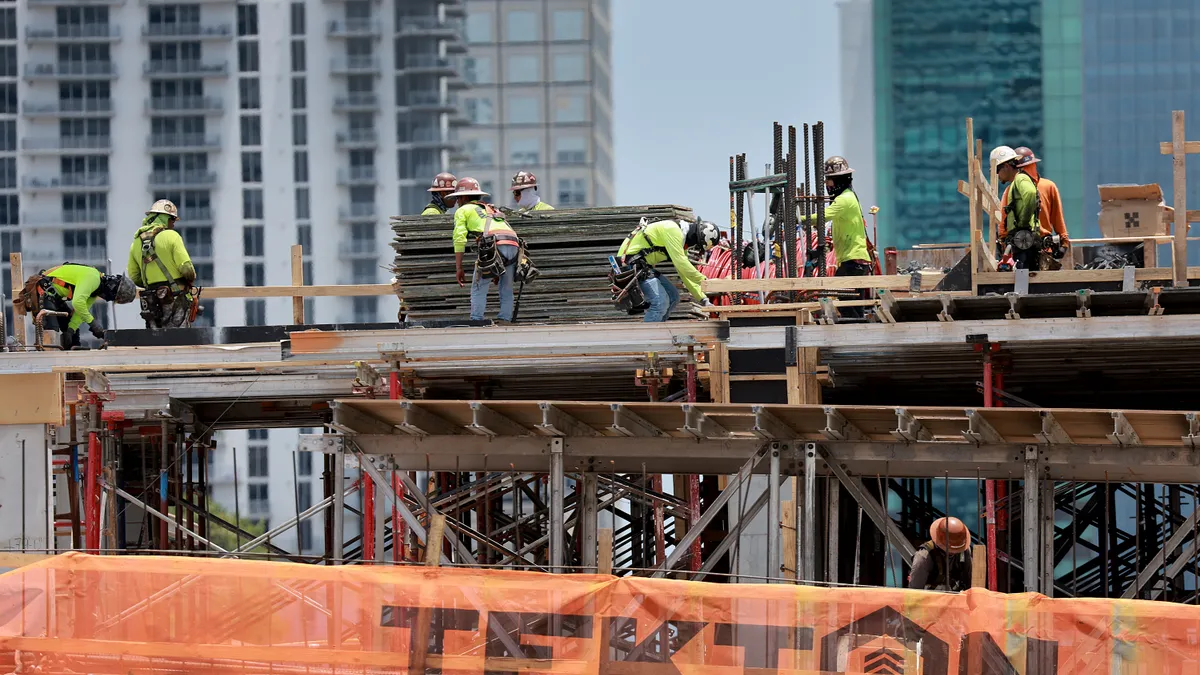These days, the usual methods of selling a house won't always land a quality sale. Builders and real estate agents are finding creative ways to spice up their home-selling tactics, and to get properties quickly off the market.
‘Bob’ the house
Proof that kitschy can reap cash: A Chicago real estate agent created a Twitter handle and virtual “personality” for a three-bedroom, 1.5-bath house that wasn’t moving.
As Bob the house, Randolph Sterling account executive Rich Burghgraef tweeted regular, upbeat messages about the number of visitors “he” had that day and about the great neighborhood he lives in. When he tweeted about the school that taught him about Twitter, he also mentioned the community’s top-notch schools. He tweeted about the stop sign out front and let potential buyers know his neighborhood puts safety first. He also tweeted about his beloved Cubs.
Bob the house had been on the market since October, showing to one or two house hunters per weekend until Burghgraef started the Twitter gimmick. Then, showings jumped to five or six every weekend, and the home sold in March—even though another one down the street was going for $5,000 less.
Bob’s last tweet on March 1: “My new family moved in on Friday. Thank you all for taking an interest.”
Coffee’s on
If your home is located near a Starbucks, spread the word, and raise the price.
Zillow’s Home Value Index says the prices of homes located within a quarter mile of one of the gourmet coffee stores rose by 96% from 1997 through 2014—compared with an average of 65% for homes everywhere else. The biggest gains in Starbucks neighborhoods occurred in Boston, Philadelphia, Washington, Chicago, Baltimore, Portland, OR, Miami, Atlanta, Seattle, and Riverside, CA.
While you’re scouting out the neighborhood, look for a Walmart, too. A University of Chicago study last year found that the value of homes within half a mile of a new Walmart typically spiked 2% to 3%. The average price increase: $7,000.
Trade it in
It works for car dealers, so why not for homebuilders?
Columbus, OH,-based Trinity Homes is letting buyers of its new homes trade in their old ones for credit, just like at the car dealer.
How it works: Working with the real estate brokerage HER Realtors, the builder agrees to buy a house hunter’s existing home if HER Realtors doesn’t sell it within six months of their closing on a new Trinity Home. If the old house sells, the Trinity customers get some nice upgrades or a discount on their new one. If it doesn’t, Trinity will take it off their hands—as is—and turn it over to HER Realtors to sell.
“We are offering our clients a guaranteed sale,” says Michael Mahon, executive vice president and broker with HER Realtors in Columbus, who notes the program is especially popular with owners whose mortgages are “underwater.”
The price of the buyers’ new home has to be at least $1 more than the existing-home sale.
Cutting edge
Atlanta’s busy professionals might be able to afford to buy luxury homes, but they don’t have time to cut the grass.
So The Providence Group, a builder and master-plan community developer, cuts it for them.
The builder advertises “luxury living by design” when it markets its large, amenity-laden new homes, which sell from $200,000 to $1.2 million in gated communities. One of the amenities: lawn maintenance.
The effort is selling homes and solidifying the builder’s reputation for offering a low-maintenance, luxury lifestyle, Kelly Fink, the builder’s vice president of marketing and online sales, told Builder magazine.
Sunny side up
More homeowners are buying into the idea that adding solar panels to the roof is good for both the environment and their monthly electric bills. But keeping the panels running and maintained, and dealing with the utility that might buy any excess power the home generates—that’s outside of many people's comfort zones.
Big builder Lennar offers a solution to buyers of its new homes in California and Colorado: It will install the panels, retain ownership of them and the solar energy they produce, and sell the electricity back to the homeowner for 20% less than they could buy it from the local utility. The builder profits and the homeowner saves on electricity.
The homebuilder may expand the program to other states.
Best offer
Instead of telling potential homebuyers the price of the new, single-family home in one of its just-finished developments, British builder Bellway says: “Make us an offer.”
The builder is ready to move on to the next project and has just a few homes left to sell in one Nottingham development. The quickest way to wrap things up, sales director Ben Smith told The Nottingham Post, is to invite buyers to name their own price.
















